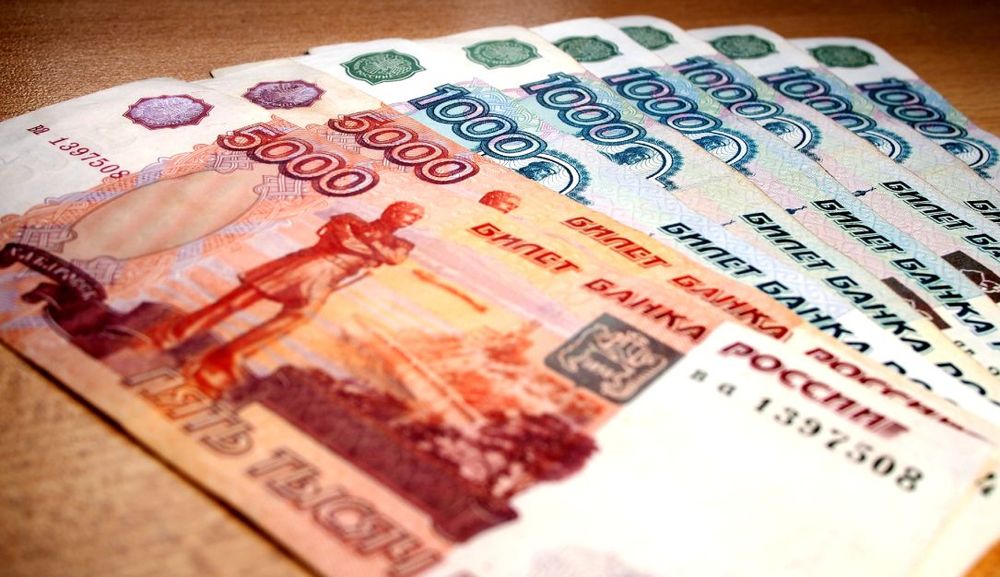UK drug funds flowed into bank tied to Russian spy services, military
Investigators at the U.K.’s National Crime Agency say cash generated by Britain’s local drug trade was funnelled through a bank connected to the Kremlin’s intelligence services and sanctioned defense sector, expanding the known scope of a vast Russian money laundering network uncovered last year.
The agency said on Friday that ‘Operation Destabilise’ investigators identified a growing number of entities linked to the two major laundering networks — SMART and TGR — including a spy ring imprisoned in Britain back in May.
Six Bulgarian nationals were sentenced to a combined 50 years for surveilling various targets selected by Russia’s intelligence services, including Ukrainian troops training in Germany and journalists who had written unfavourably about Moscow.
The spies were allegedly run by Jan Marsalek, the fugitive former Wirecard executive believed to be working for both Russia’s GRU military intelligence agency and the FSB and currently thought to be hiding in Russia.
Drug cash and Russia’s war economy
NCA officials described Operation Destabilise as a complex investigation that pulled back the veil on the complete monetary chain connecting street-level drug sales to global illicit finance supporting transnational drug traffickers and state-linked actors.
Investigators on Friday also confirmed that the money laundering network was used to purchase Keremet Bank in Kyrgyzstan — a bank sanctioned earlier this year, by both the United States and the United Kingdom, for facilitating payments on behalf of Russia’s state-owned PSB Bank to evade import and export sanctions.
Keremet Bank provided Moscow with a vehicle for processing payments outside of the purview of Western officials, allowing PSB Bank — the financial arm of Russia’s military-industrial complex — to bypass sanctions and quietly acquire components to support its war in Ukraine.
“We can draw a really clear thread between somebody buying some cocaine on a Friday night all the way through to geopolitical events that are causing suffering across the world,” said Sal Melki, the NCA’s deputy director for economic crime, in a briefing with journalists.
NCA investigators previously told Recorded Future News their story of how pulling at the threat of a ransomware group’s extortion funds ended up unravelling the global, multibillion-dollar money-laundering network connecting narco traffickers, ransomware gangs and Kremlin spies.
Read more: How a ransomware investigation linked Russian spies, money laundering and street-level drug dealing
Melki said the ecosystem and networks the agency was targeting “operate at all levels of international money laundering, from collecting the street cash from drug deals, through to purchasing banks and enabling global sanctions breaches.”
Investigators have pursued bundles of cash being collected from organized crime groups, often involved in drug dealing, and transported by couriers across the country. The cash is then rapidly converted into cryptocurrency, often USD Tether, before being distributed internationally and making its way into legitimate financial systems.
Part of the criminal cash was also funnelled into concierge-style services for Russian elites living in the West, said the NCA, with the network providing cash and liquidity for Russian individuals who were unable to access mainstream banking services.
Targeting these couriers has been a key focus, the NCA added. In one unconventional move, the agency started targeting advertisements both in-person and online intended to deter individuals who are likely to be recruited — young, male and Russian-speaking – with posters in the lavatories of motorway services stations warning couriers in the Russian language that they “own all the risk” of transporting criminal funds.
Among those jailed are Valeriy Popovych and Vitaliy Lutsak, who in April were sentenced to a combined 13 years for laundering £6 million ($7.8 million). The men, both Ukrainian nationals, exploited the ongoing war in their country to launder criminal profits, purchasing vans and lorries in Britain before selling them in Ukraine and converting the profit to cryptocurrency for the laundering networks.
Since December, the agency said it has “significantly restricted” the network’s operations through the arrests of a further 45 suspected money launderers — most of them couriers — as well as seizing more than £5 million in cash. In total, the NCA said it has so far made more than 100 arrests in connection with the investigation, with other partners contributing more.
“Using the intelligence gained on Operation Destabilise, the NCA has supported its international law enforcement partners in seizing $24 million and over €2.6 million from the network. Since its inception, there have been a total of 128 arrests as a result of the operation, with over £25 million ($32 million) seized in cash and cryptocurrency in the UK alone,” the agency stated.
Melki said: “The NCA has inflicted a serious wound on these organisations… but we know we’ve got to sustain the pressure,” he added, hoping for additional impacts on the downstream crimes: “If you can’t launder your ill-gotten gains, then why bother? These people sustain an entire architecture that allows crime to pay in our country.”
Alexander Martin
is the UK Editor for Recorded Future News. He was previously a technology reporter for Sky News and a fellow at the European Cyber Conflict Research Initiative, now Virtual Routes. He can be reached securely using Signal on: AlexanderMartin.79



